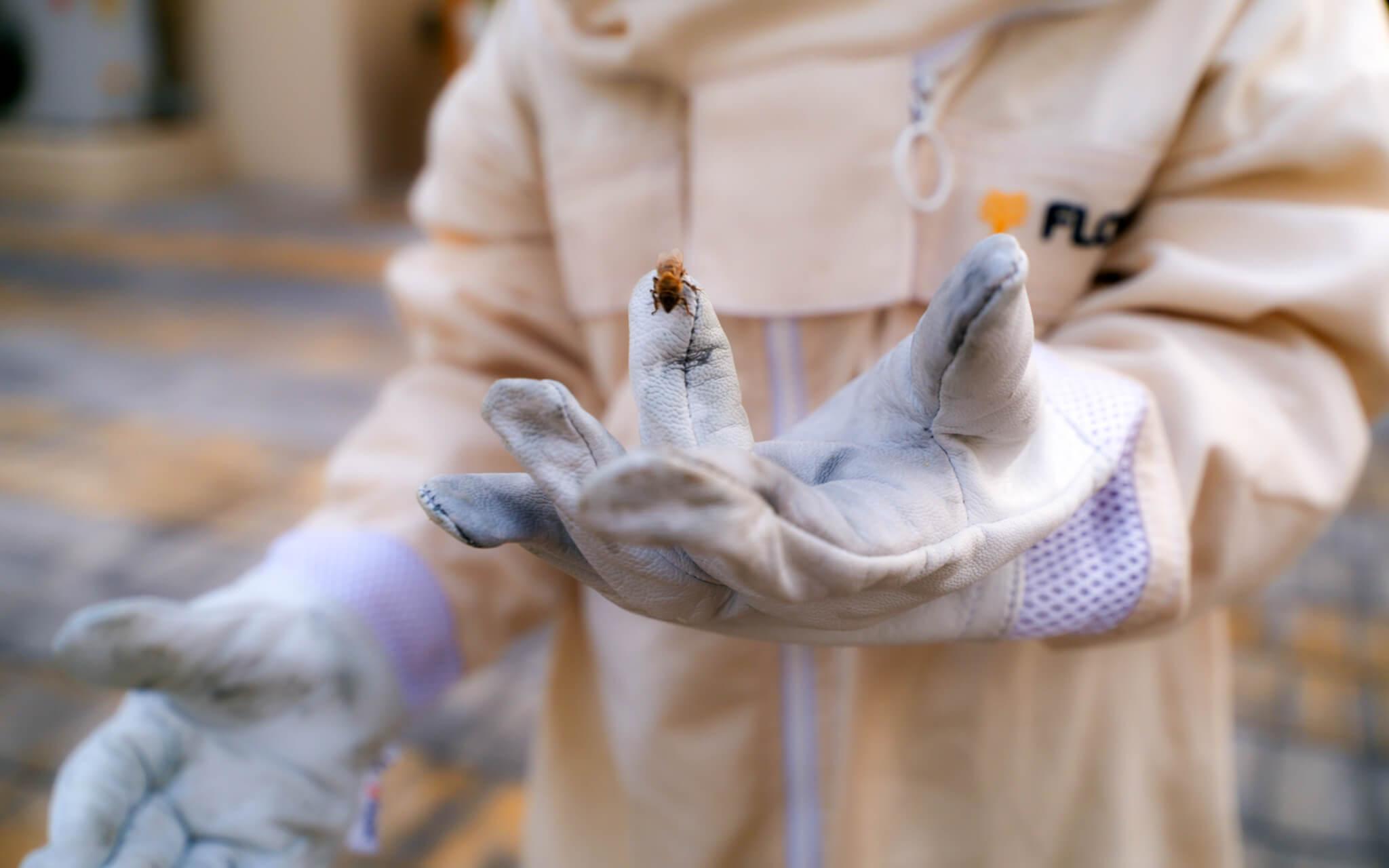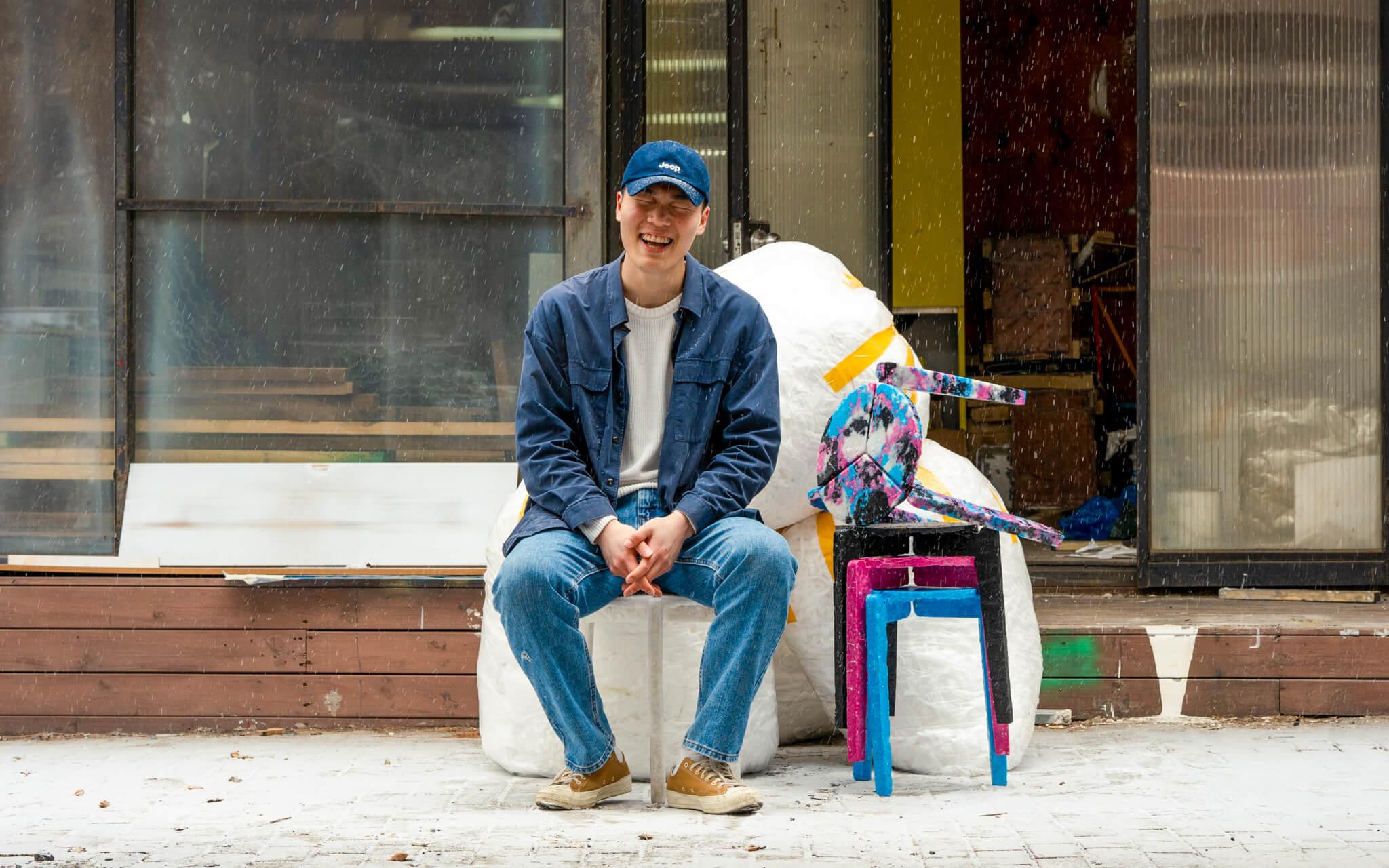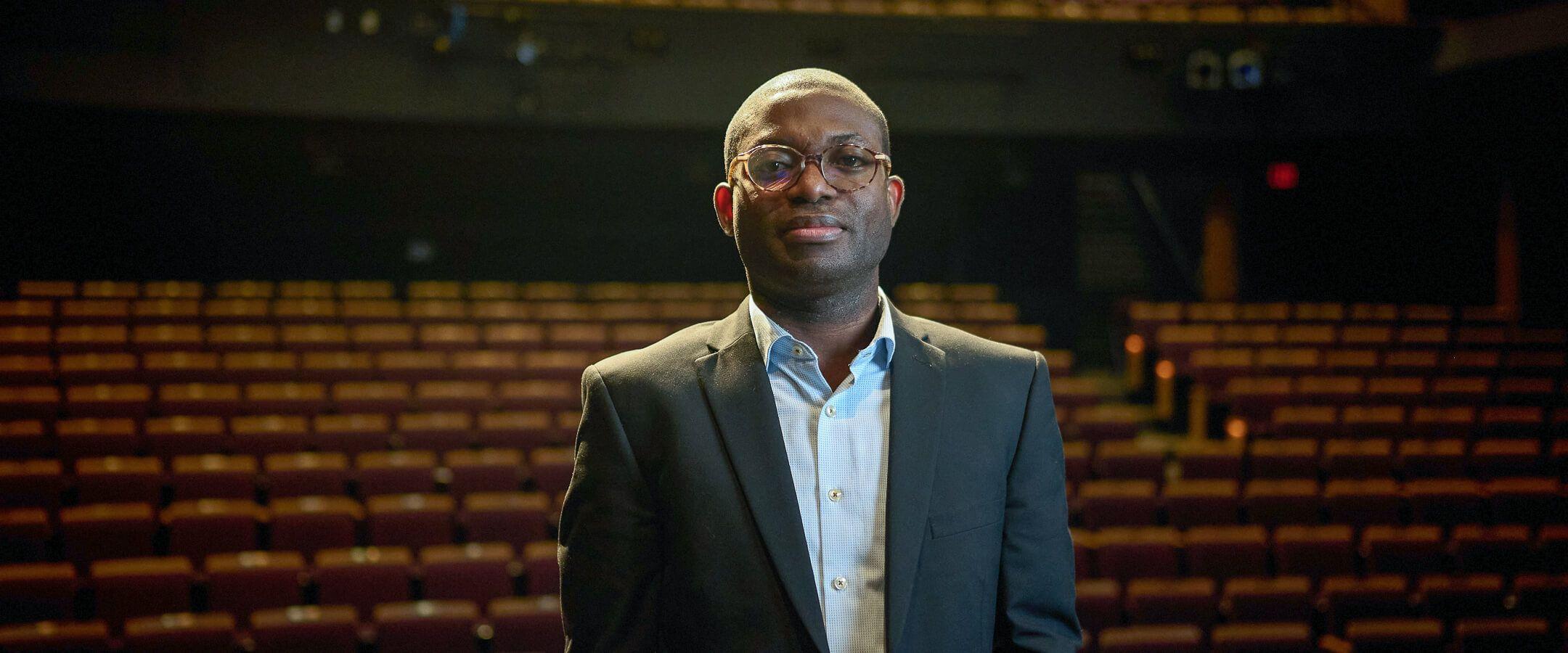Empowering Women, Healing Earth
Osprey Orielle Lake is harnessing the power of our planet’s hidden healers. As founder of the Women's Earth and Climate Action Network (WECAN), she's proving that empowering women isn't just about equality—it's our best shot at solving the climate crisis.
Growing up amidst the towering redwoods and misty coastal bluffs of Northern California, Osprey Orielle Lake discovered her life's calling. "Nature was my solace," she recalls warmly. "To fall in love with nature was everything."
When her parents divorced, her mother made a decision that would shape Osprey's entire life. "One of the things I thanked my mother for so many times throughout my life is that she moved our family to Mendocino," Osprey reflects. This transition from urban San Francisco to the wild wonderland of Mendocino, with its whale migrations and ancient forests, laid the foundation for her lifelong commitment to protecting the Earth.
As a young girl, Osprey saw firsthand the devastating effects of clear-cutting on her beloved redwoods. "I was startled," she remembers. "Why are humans doing this? Why are we destroying this beauty?"
These questions lit a fire in her that’s been burning for decades.
While pursuing women's studies in college, Osprey's environmental activism deepened, and she began connecting social issues with ecological degradation. "I started seeing that there is a really dangerous ideology of supremacy, whether it's white supremacy, supremacy over nature, or supremacy over women," she explains.
Inspired and hungry for change, Osprey founded the seed of WECAN International in 2009. WECAN unites women worldwide in policy advocacy, on-the-ground projects, training, and movement building for social and ecological justice.
The women of WECAN have created an impressive system of action and support. They're planting trees and protecting forests in Ecuador and the Democratic Republic of Congo. In Alaska, they scored a huge win by helping protect over 9 million acres of old-growth forest in the Tongass. They also empower women to grow food and lead the charge in climate policy.
At the core of Osprey’s beliefs lies the essential role of women in combating climate change. "Women have been oppressed and suppressed,” she asserts passionately. “And the more we hear about women's traditional knowledge about the earth, the water, the plants, herbal medicines - we have so much to benefit."
"You can't get to sustainability without women's leadership," Osprey says, backing it up with data. "With just a one-unit increase in the Women's Political Empowerment Index anywhere in the world, we see an 11.51% decrease in carbon emissions. The quantitative analysis shows that we need women in decision-making roles and leadership to avert the worst impacts of the climate crisis."
With just a one-unit increase in the Women's Political Empowerment Index anywhere in the world, we see an 11.51% decrease in carbon emissions. The quantitative analysis shows that we need women in decision-making roles and leadership to avert the worst impacts of the climate crisis.
The impact of women's leadership on environmental issues isn’t just theoretical.
"Women matter… women are a climate solution," Osprey emphasises. "Yet, there are so little philanthropic dollars that go to the nexus of women and climate."
The toll of this work is evident in the women still fighting for large-scale policy changes and in the grassroots organisations creating impact in their communities. In each instance, women’s perspectives are crucial and, sadly, still massively undervalued.
"It can be very depressing," Osprey confesses. "When a whole ecosystem is lost, or a fossil fuel pipeline goes into the ground, destroying a community and the land, something we might have fought off for years. And then it happens. It's hard. I can go through very low periods," she admits.
Yet, even in these dark moments, Osprey finds strength in community. "That's when I look to my sisters. We can talk it through and lift each other up," she says.
Osprey's journey with WECAN has yielded a wealth of stories, now collected in her book, The Story is in Our Bones. This memoir weaves together her experiences with those of other women climate leaders worldwide, showcasing the power of women's voices in the fight for our planet's future.
“Hope is a verb with its sleeves rolled up," she declares, summing up her approach succinctly. "The more we take action and do the work, the more hope we generate."
Her message to the world is clear. Inaction is not an option.
"If people are sitting back and thinking this is hopeless or too big, we're writing the future of it failing. Instead of writing the future that we want."
As our conversation draws to a close, Osprey shares a strong message. "Understand that you are important, that every action matters right now. Don’t be on the sidelines. Ask yourself what you're passionate about - that's where energy lies."
In the face of climate change, perhaps the most powerful action we can take is to follow Osprey's lead: to fall in love with nature, to recognise the power of women's leadership, and to get to work creating the future we want to see.
Most Popular
The Climate Tribe delivers stories about Biodiversity and Conservation, Circular Economy, Food and Water , and how they intersect with climate.
Subscribe
Get the latest stories inspiring climate action around the globe straight to your inbox.






